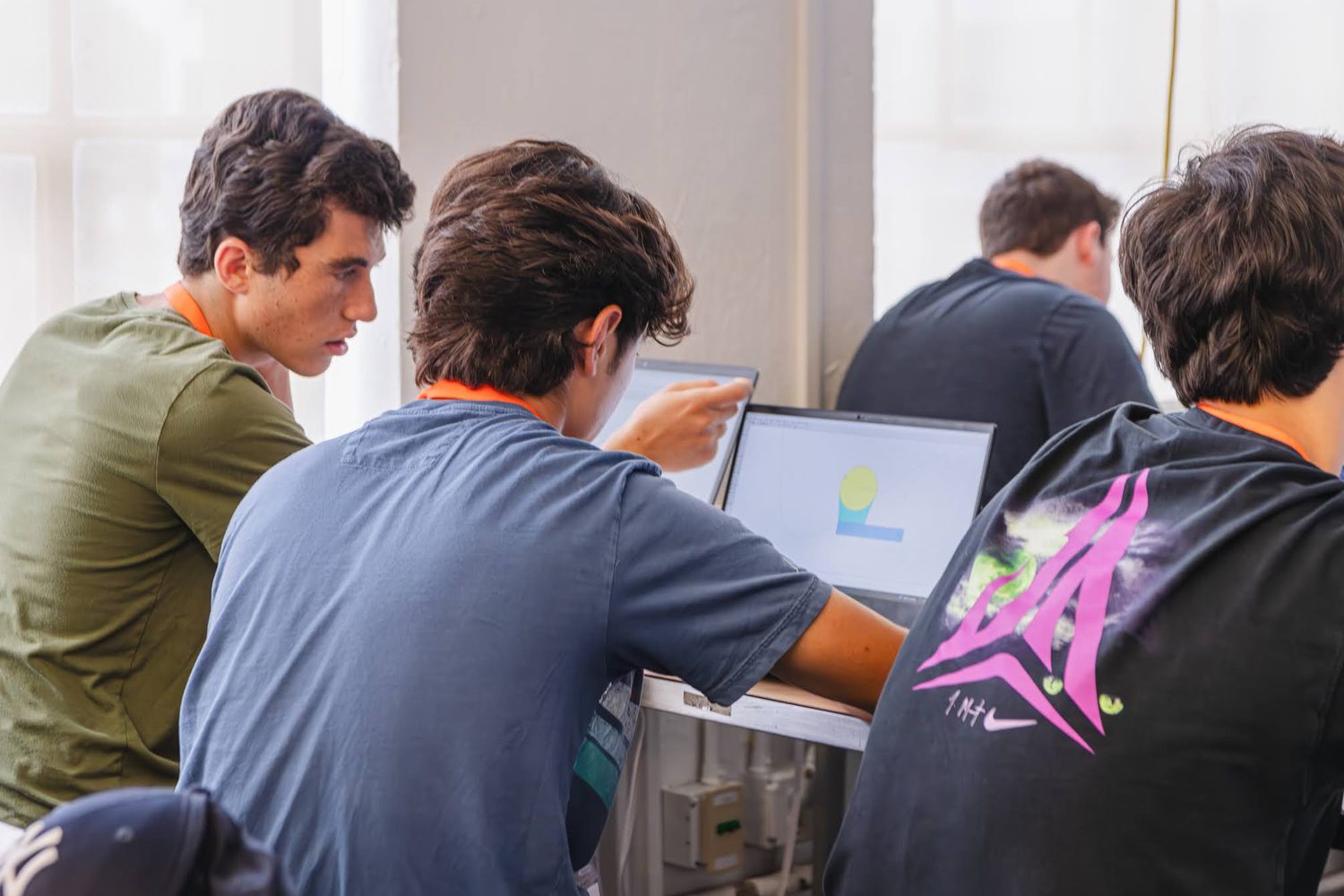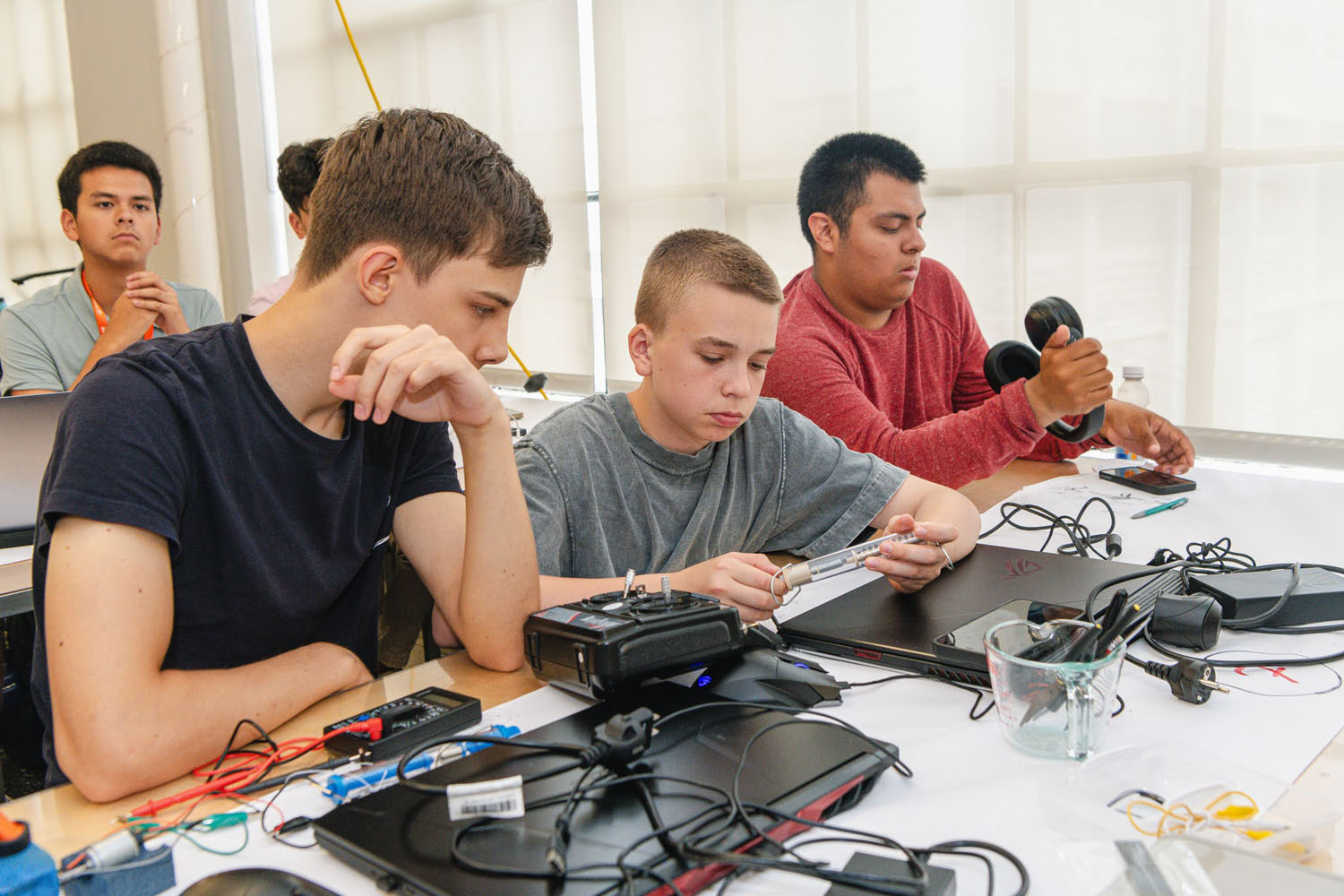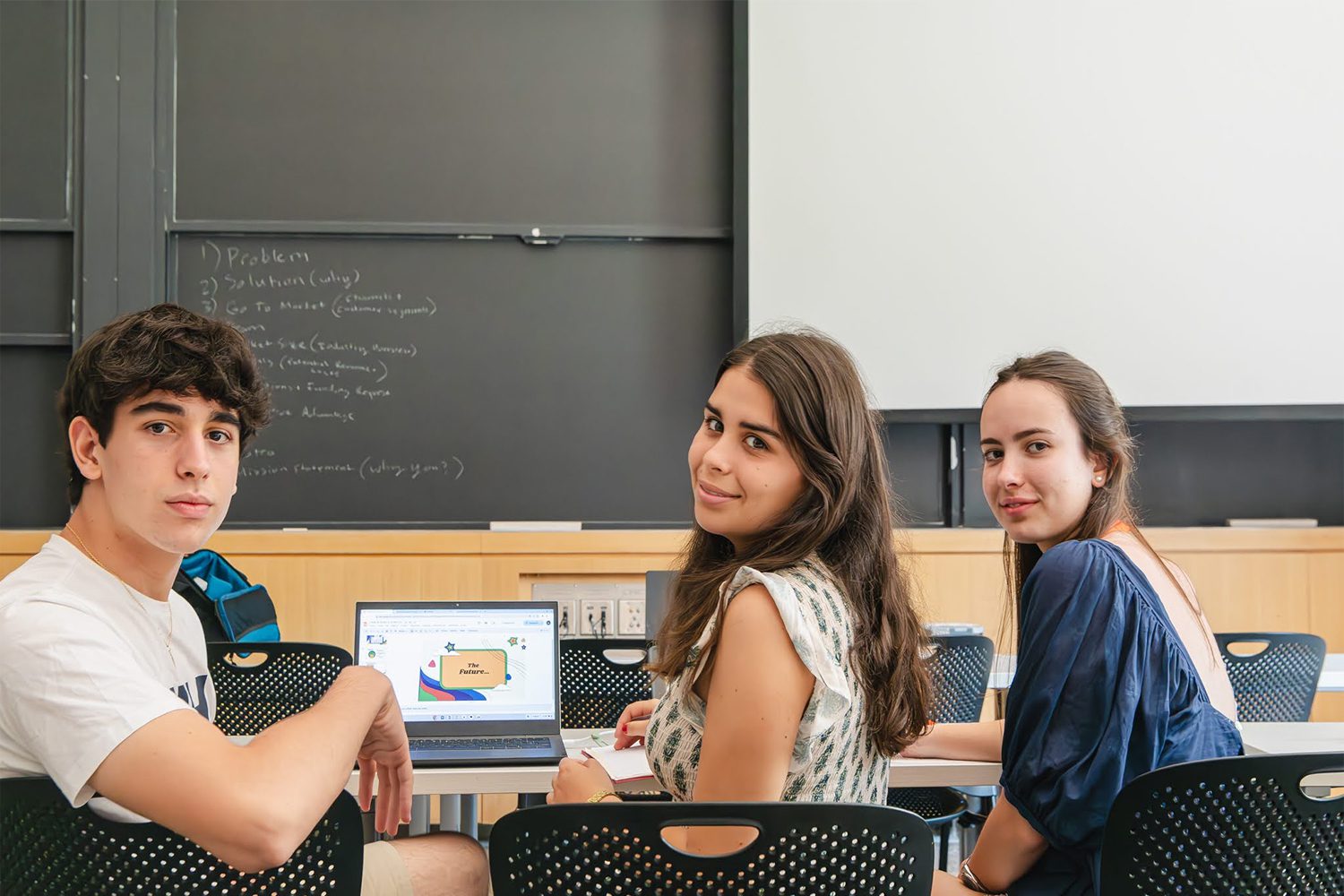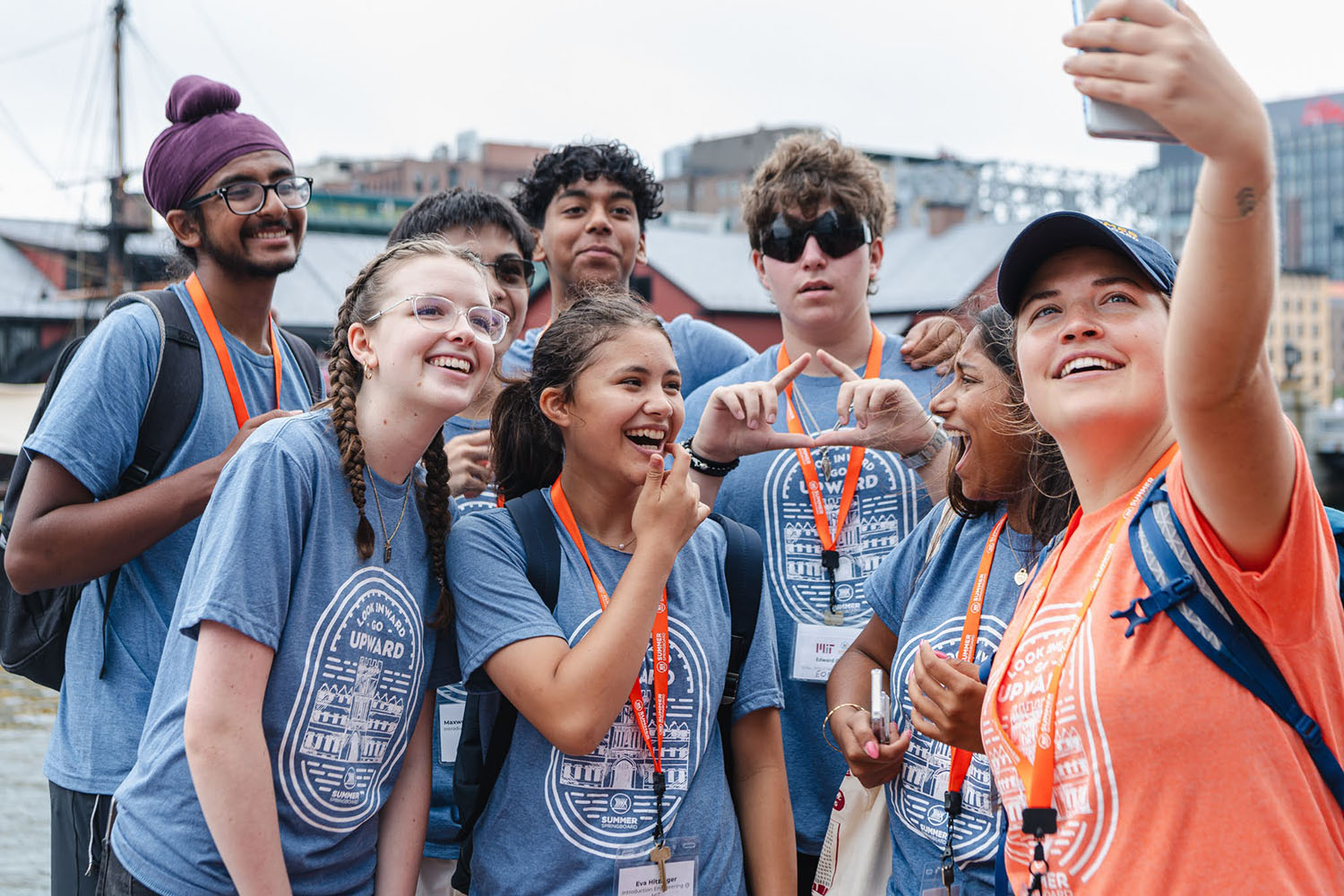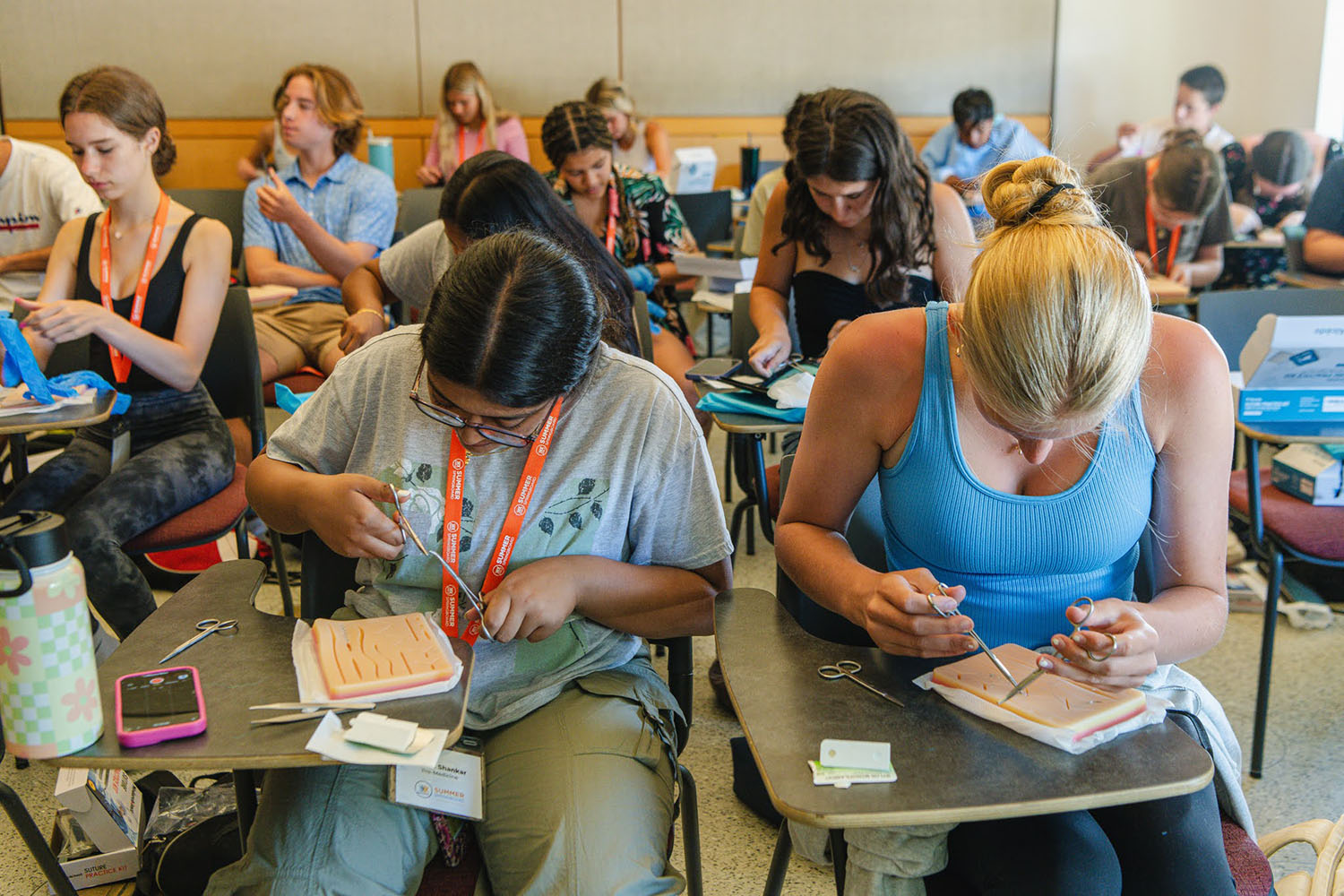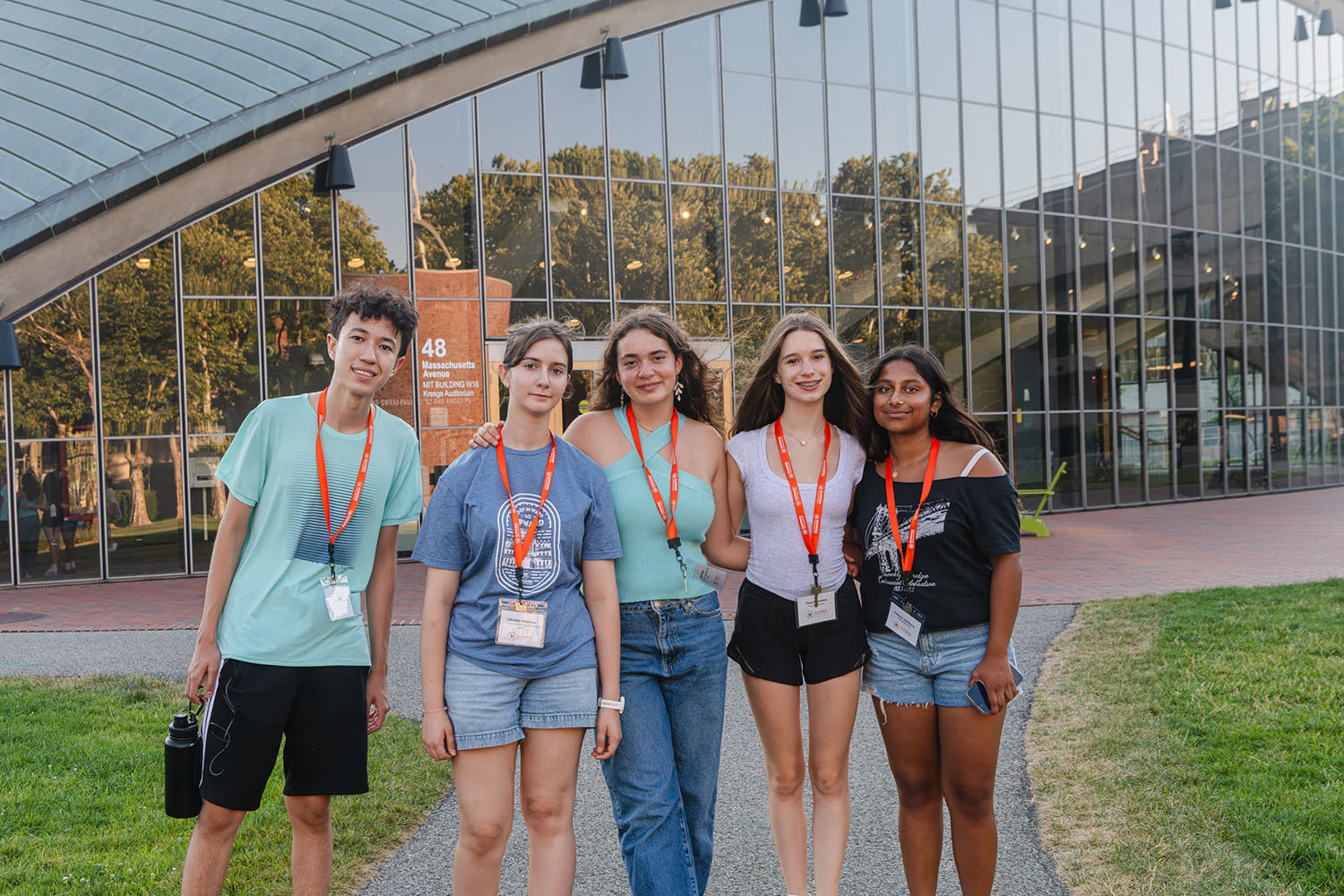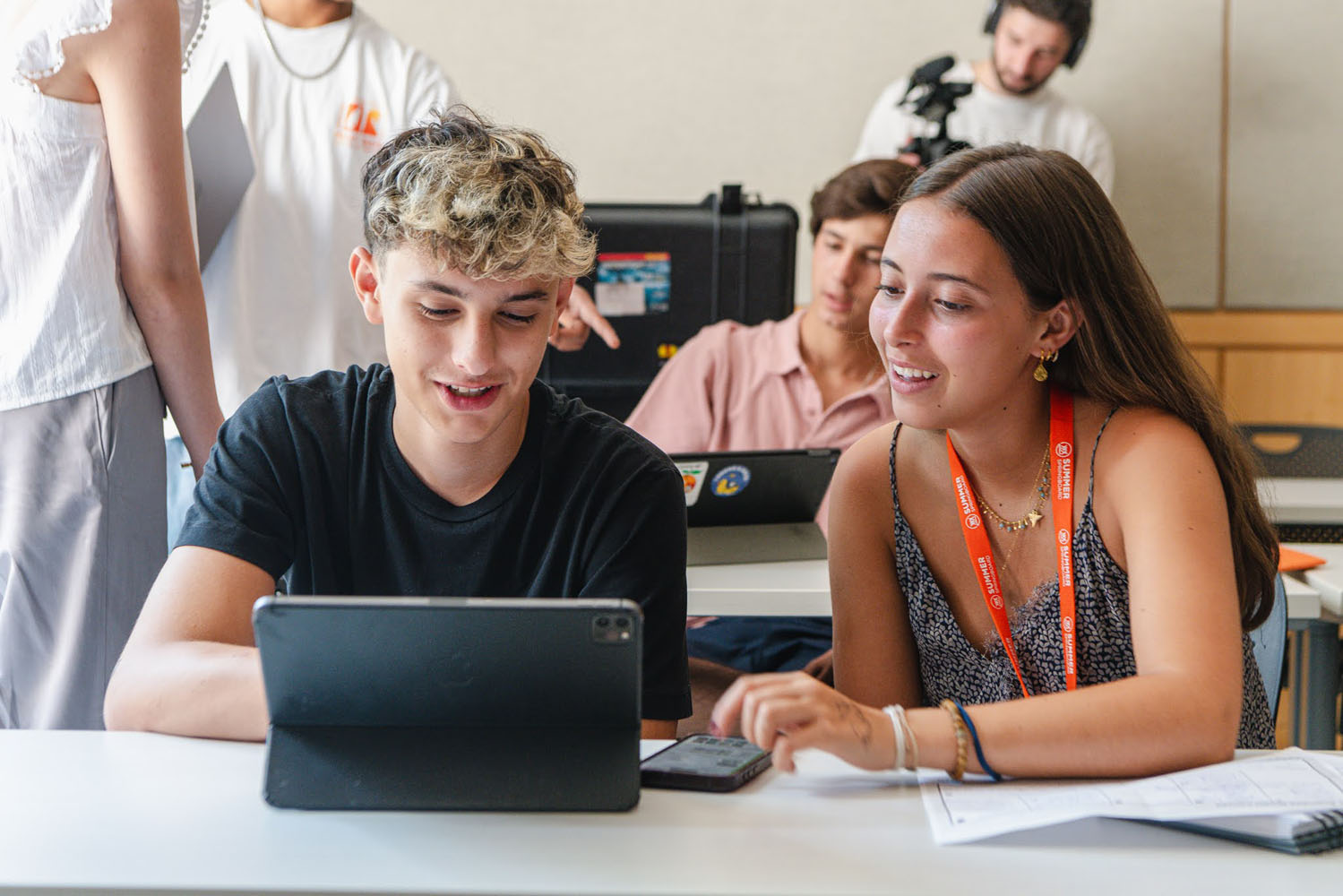Summer Springboard
Engineering: A Project Based Introduction
ON THE CAMPUS OF MIT*
* To maximize the hands-on experience of this academic course (9am – noon), it will be held off the campus of MIT, in the Kendall Square, Cambridge, MA area.
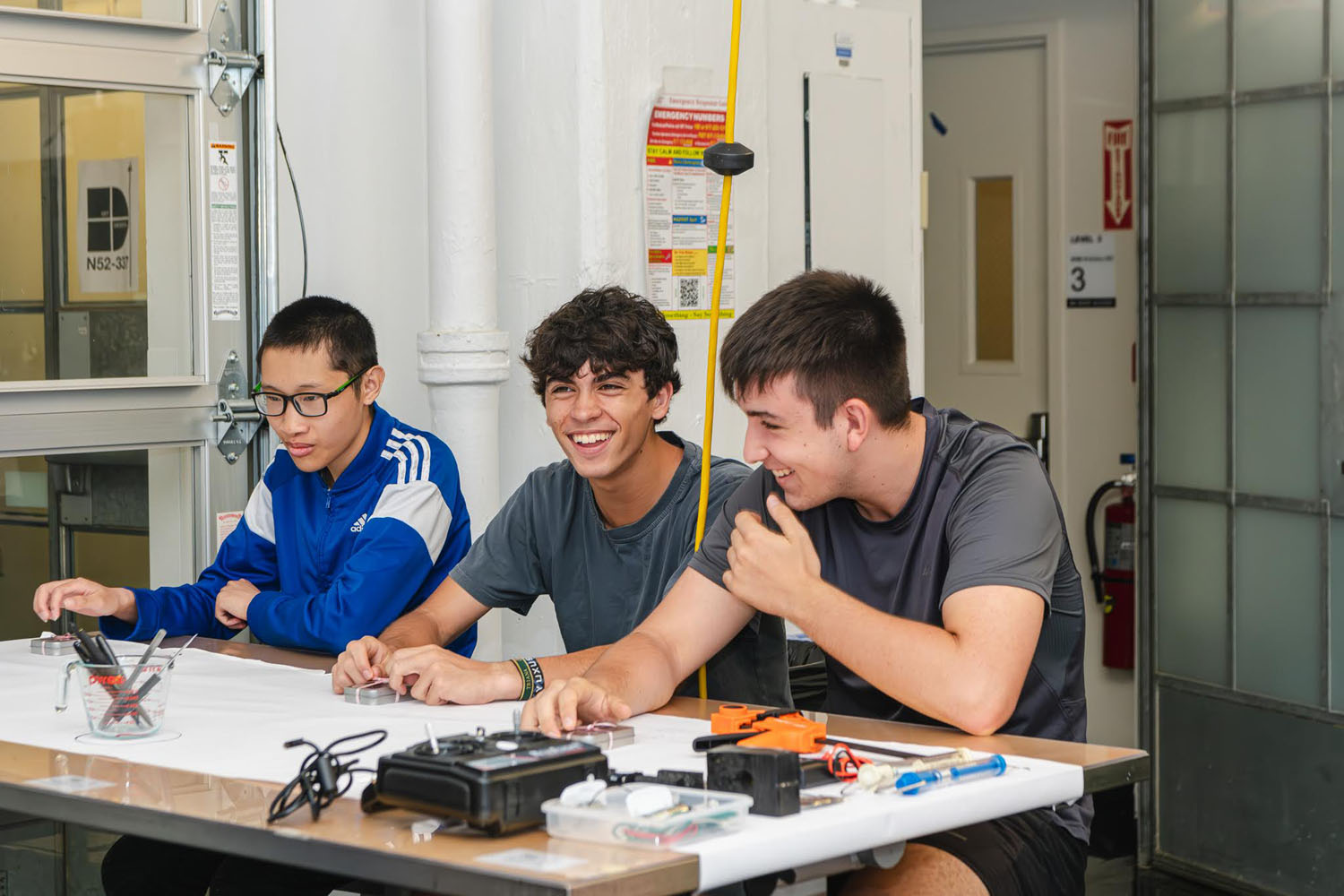
GAIN REAL-WORLD EXPERIENCE WITH THIS INTRODUCTION TO ENGINEERING THROUGH HANDS-ON PROJECTS.
THIS IS A TWO-WEEK PROGRAM WHERE YOU’LL FOCUS ON ONE COURSE FOR THE ENTIRE DURATION.
Engineering: A Project Based Introduction @ Cambridge, MA
- Learn fundamental principles of flight dynamics, electric motors, servo control, autonomy, structural integrity, aircraft configurations, construction techniques, and practical operations.
- Engage with professionals in engineering and technology to learn about the latest advancements and gain insight into real-world careers.
- Open to all students with projects scaled in complexity to challenge all skill levels and promote growth through independent decision-making.
- Participate in an integrated, hands-on project that brings together physics, fluid dynamics, structures, controls, and electrical systems to design, construct, and fly a radio-controlled aircraft.
- Develop a deeper understanding of physics and math through the hands-on creation of practical engineering artifacts, encouraging problem-solving and creativity.
Summer Springboard
Engineering: A Project Based Introduction
About This Course
A engineering program for teens in Cambridge, MA
Eager to explore multiple aspects of engineering? This hands-on engineering course is open to all students, with no prerequisites, making it ideal for freshmen while still presenting meaningful challenges for seniors. Students will engage in an integrated project that brings together smaller tasks to design, build, and fly a radio-controlled model aircraft. Project choices will shape the complexity of the work, encouraging students to apply and expand their understanding of physics, math, and engineering through practical, real-world applications.
Throughout the course, students will explore key concepts in flight dynamics, electric motors, servo control, autonomy, structural integrity, and aircraft design. They’ll gain experience in construction techniques and operational skills, all while working toward the final goal of flying their own aircraft. The course emphasizes independent learning, creative problem-solving, and exposure to current advancements through insights from industry professionals—helping ignite a passion for engineering and prepare students for future academic and career pursuits.
TOPICS YOU'LL EXPLORE
Hands-on Learning
This course emphasizes hands-on learning, allowing students to apply theoretical knowledge through real-world engineering projects. By designing, building, and testing their own model aircraft, students gain practical experience that deepens their understanding of physics, mathematics, and engineering concepts. This approach fosters creativity, problem-solving, and technical skills in an engaging, interactive environment.
Career Exploration
Through this course and program, you will get on-site experience and learn from experts in the field. We will gain an understanding of applied problem solving skills that are involved in Engineering. Meet with successful professionals and experts in the fields of engineering and technology to learn more about careers and jobs in this field, and have the opportunity to ask questions and learn firsthand what it’s like to work as an engineer. This insight helps students reflect on which areas within the field of engineering is right for them.
RESOURCES
Course Infosheet
Click here to view or download the printable infosheet for this course.
Program Catalog
Click here to request our catalog to learn more about our summer programs and courses.
Campus Page
Click here to view the website page for this campus and learn more.
“It was good experience. It had a good balance between academic courses and non-academic activities. It introduced real world problems and events to let the student take into consideration when choosing their major.”
-Noah B. | Alumni Student
Summer Springboard
Engineering: A Project Based Introduction
Instructor Coming Soon!
TBD
Instructor TBD
“My experience was very fun and I loved it. I made great lifelong friends and learned a lot. I would recommend this to anyone who is thinking about it.”
-Shiloh D. | Alumni Student
Summer Springboard
Engineering: A Project Based Introduction
Dates & Tuition
| 2026 Dates |
|---|
| Session 1: June 21 – July 3, 2026 |
| Session 2: July 5 – July 17, 2026 |
| Session 3: July 19 – July 31, 2026 |
Click here to enroll in this course using our online enrollment form.
| Tuition |
|---|
| Residential Tuition: $6,798 |
| Commuter Tuition: $3,498 |
Tuition Protection Plan: Allows for cancellation for any reason up until the day of the program.
| Location |
|---|
| City: Cambridge |
| State: Massachusetts |
| Campus: MIT* |
* To maximize the hands-on experience of this academic course (9am – noon), it will be held off the campus of MIT, in the Kendall Square, Cambridge, MA area.
Summer Springboard programs are not run by our campus partners (with the exception of Cal Poly and NYSID which are run in partnership with SSB). Universities and their affiliated departments and partners do not control and are not responsible or liable in any manner for any part of the Summer Springboard program.

